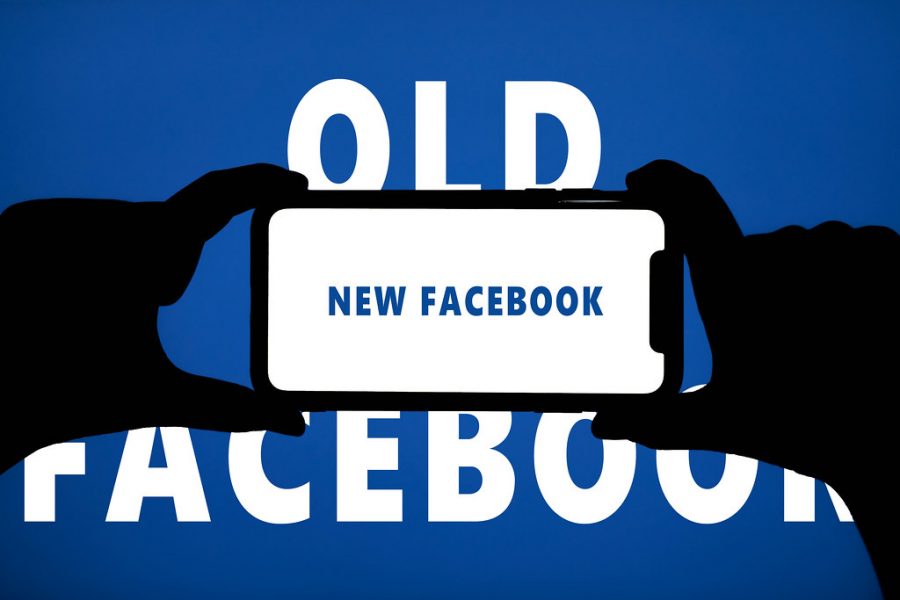Then Facebook, Now Meta
December 11, 2021
Mark Zuckerberg, Facebook’s founder and chief executive, recently announced the name change of the company and platform from Facebook Inc. to Meta on Oct. 28. Meta.org is set to launch on Mar. 31, 2022.
Zuckerberg chose the name Meta to represent a new platform, Metaverse, which is a shared 3D virtual space where companies can collaborate on the future version of the internet. It’s part of the company’s major rebranding to pursue a different direction. The company wants to expand its options and grow beyond just social media, into the virtual reality world.
To put it into simpler terms, Metaverse is a platform that combines one’s digital and physical lives through virtual reality. The system is very detailed, as there’s a Horizon Home for social interactions, Quest for Business (phone and video conferencing), and Gyms.
Some say they don’t like the idea of virtual reality to that extent, as it can be difficult at times to separate actual reality and virtual reality. They think that technology has taken over one’s life too much. Others say that it’s a brilliant business move. And there’s also other consumers that say it’s just an effort to overshadow the company’s decline and a recasting as a public image.
Not only that, but there are allegations about the timing of the name change. Some consumers say that because Facebook has recently faced numerous allegations on the privacy and safety of users, Facebook taking the opportunity to change its name might just be a way to distract the press from the tumor underneath.
However, one of the most shocking things to note is that Facebook earned a total of $29 million last year. This surpassed The Wall Street Journal’s prediction, and has been the best year of income so far. Especially because of this, Zuckerberg wants to change its name and direct the company differently while the company is at its peak.
Some might be confused with this, as it wouldn’t make sense to break the flow of something that is successful. However, Zuckerberg’s strategic decision makes sense.
Take for example, the car brand Tesla, founded by Elon Musk. Tesla isn’t successful because of how many cars it has produced or because of how they market themselves. Instead, they had a 10-year advantage over their competitors with technology. This is Zuckerberg’s ideal with Metaverse. Zuckerberg used the right timing, strategically placed this as a business move, took a risk, and hopes to succeed more than Facebook with Meta.
“I think that the name change to Meta doesn’t change the company’s worth. If you need to fix it, the answer is a skill change, not a name change,” sophomore Jeffery Oo stated.
At the end of the day, for whatever reason it may be that Facebook Inc. has changed its name to Meta, it matters not. What matters is how we respond to the changes in an environment in the world around us, and what we decide to do with things that are out of our control. And for now, we will wait, and see if Metaverse and Meta are the new form of Teslas out there, whether or not Meta will be our future.
Photo courtesy of FLICKR.COM

